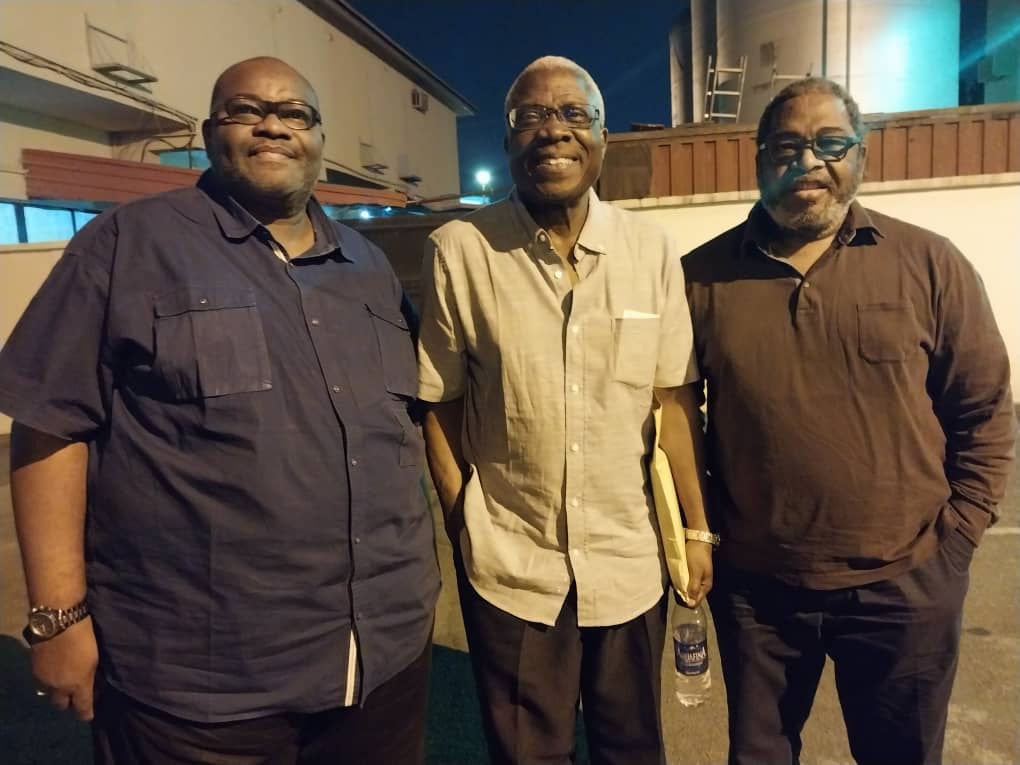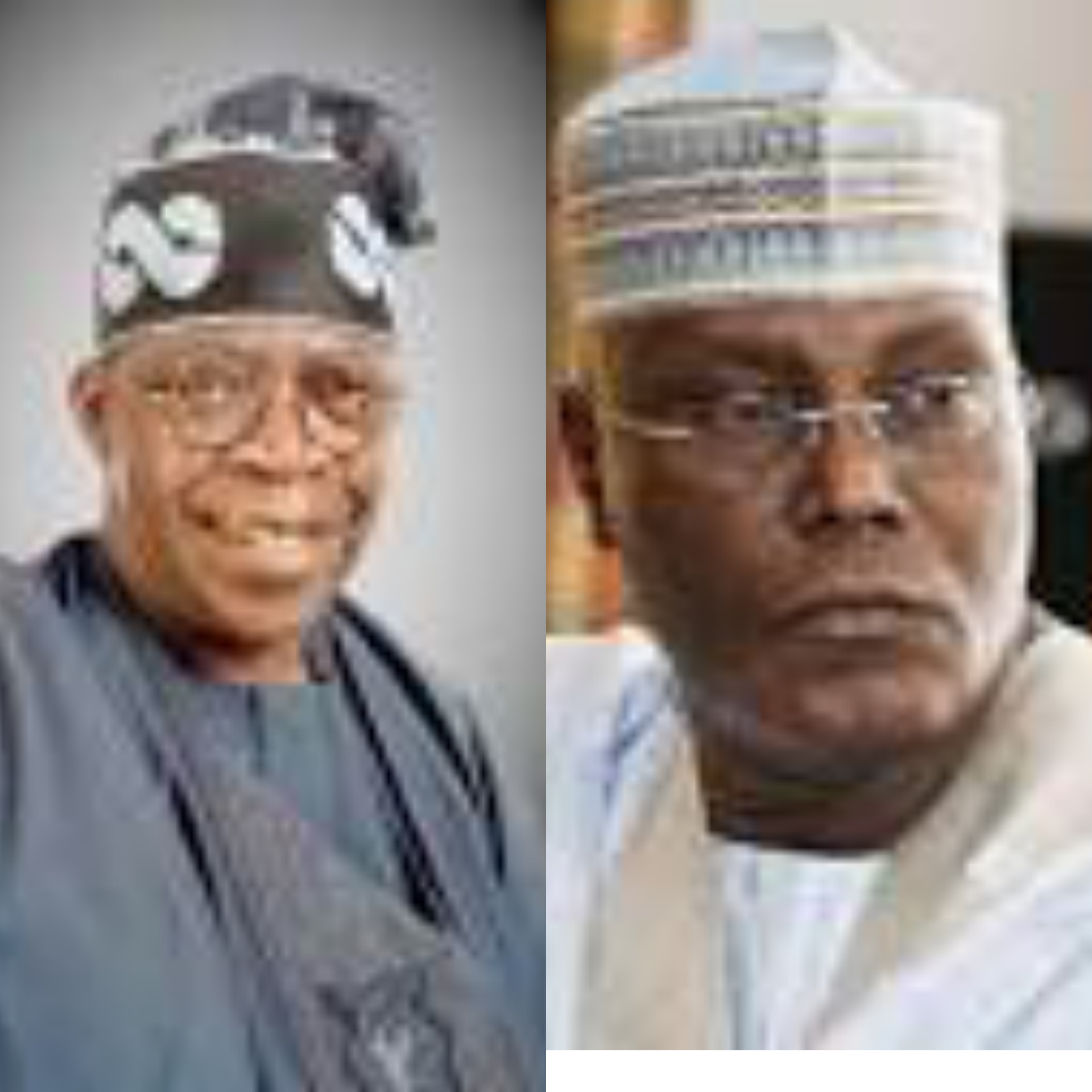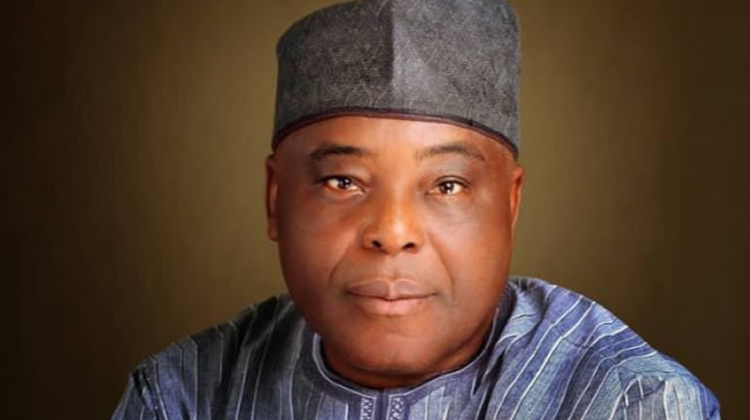By Tunde Olusunle
Typical of the extremely organised personality that he is, the multiple award-winning poet, Niyi Osundare, had already “served notice” of his imminent visit to Nigeria, weeks before he came. He had been invited by the organisers of the “Nigerian National Order of Merit,” (NNOM), to deliver a lecture at the 2022 edition of the “Annual Forum of NNOM Laureates,” in Abuja. His presentation was titled Poetry and the Human Voice. The event was scheduled for Wednesday December 7, 2022, and the New Orleans, US-based Osundare needed to “forewarn” those of us who are his younger kith, that he was coming to our city. He does have a good number of we his mentees, inspired by his craft, in the federal capital territory and it was going to be our pleasure to have him around.
For those who may not know or be familiar with Osundare, he is one of Africa’s most prolific poets, who at the last count, had at least 18 published volumes of poetry to his name. He has equally published four plays; books on African literature and culture and assemblages of his writings as public affairs interrogator. For his conscientious academic and creative assiduity, he has received every notable global award, except the Nobel Prize. He was joint overall winner, Commonwealth Poetry Prize, (1986), and sole winner of the Noma Award for Publishing in Africa, (1991), becoming the first Anglophone African poet to receive the award. In 1998, he also earned the Fonlons/Nichols Prize for “Excellence in Literary Creativity Combined with Significant Contributions to Human Rights in Africa,” the African Literature Association, (ALA)’s most distinguished award.


In 2008, Osundare also earned the “Tchicaya U Tam’si Prize for Poetry, (regarded as Africa’s highest poetry prize). He was in 2014, invested with the Nigerian National Order of Merit, (NNOM), Nigeria’s highest award for academic excellence. These medals preclude others Osundare has received on the local literary scene, including those awarded by the Association of Nigerian Authors, (ANA). He equally has the distinction of being the “first African poet,” to be featured on the cover of World Poetry magazine. It has been suggested that if the Nobel Prize for Literature is coming the way of West Africa, and indeed Nigeria anytime soon, he will most fittingly be a top contender.
Hakeem Bello, media adviser to the works minister; Rasheed Na’Allah, vice chancellor of the University of Abuja, and Denja Abdullahi, a director with the ministry of information and culture, are some of Osundare’s younger friends in Abuja. In the email he sent to me, he said he would be glad to have me attend the lecture either physically or virtually. There are select literary giants one is always glad to have around and share moments and drinks with, ever drawing from the infinite pool of their multidimensional wisdoms. Femi Osofisan and Olu Obafemi, both Emeritus Professors and recipients of the NNOM, belong to this category. Our contemporaries like Sunnie Ododo, chief executive of the National Theatre, Lagos, and the Canada-based Nduka Otiono, are ever always welcome. We typically banter and reminisce on our younger days and our subsisting endeavours.
I knew Osundare before I met him. Back in the days, in one of our “literary criticism” classes as final year students at the University of Ilorin, Russell Chambers, one of our American lecturers came to class one of those days. He was clutching a file of cyclostyled documents which he handed it over to one of us to distribute to the class. It was that era when Nigeria’s educational system was supported at virtually all levels by quality expatriate scholars and instructors, which provided requisite breadth, cosmopolitanism, even globality, to education and learning. Obafemi refers to that era as that during which universities exemplified the concept of universitas, a global citadel in the truest sense of the word.
Chambers had stumbled on a review of Osundare’s poetry in the now extinct London-based West Africa magazine. We were taught stylistics as a course for instance, with examples from the essays and columns of the Olatunji Dares, Dan Agbeses, Dele Giwas, Ray Ekpus and so on, in our time. Chambers’ discovery was an essay on Osundare’s second volume of poetry, Village Voices, which was published in 1984. The review presented to Chambers a refreshing newness in the substance and style of African literature. Away from the molar-cracking, jaw-distending aesthetics of older poets like Wole Soyinka, Christopher Okigbo, Michael Joseph Chukwudalu Echeruo, among similar icons in their generation, here was poetry at its accessible best.
The language was simple without being simplistic, the themes understandable without being underwhelming. The dramatic works of Osofisan, Obafemi, Bode Sowande, Tunde Fatunde which regularly featured in our theoretical and practical classes, had helped to demystify the verbal esoterism of Soyinka and Company. Here was Osundare bringing poetry to “the marketplace,” to adopt the title of his premiere volume of poetry, published in 1983. Our universities were much better those days, so I simply walked to the university bookshop and bought copies of those first two Osundare volumes of poetry. I read and reread that cyclostyled copy of the Osundare book availed to us by Chambers, virtually plastering the document in my consciousness.
I returned to the University of Ilorin for my masters degree shortly after undergoing the compulsory one-year post graduation National Youth Service Corps, (NYSC). By this time, my mind was made up to forensically interrogate the poetic oeuvre of Osundare, for my dissertation. Two new volumes of poetry, namely A Nib in the Pond, (1986) and The Eye of the Earth, published the same year, had been released. His fifth, Moonsongs, (1988), was released while I was in the middle of my research work. My supervisor was Prayag Tripathi, a most committed Indian professor with whom I chewed at my topic and set the scope of work to be done and developed my project proposal.
I should add that it is a measure of Tripathi’s uncommon disposition to scholarship that he would himself go to the university library, loan books on my behalf and bring them to my room in the “postgraduate hostel!” My inquisitions took me to the University of Ibadan, where Osundare was head of the department of English. I had an elaborate interview with him on June 17, 1988, during which I took very copious notes in the absence of a recorder. Osundare also ran the immensely popular and regular poetry column Songs of the Season in the Sunday Tribune at a time. He availed younger writers a platform for the public aeration of their works by featuring their works as “Guest Poet.”
Osundare subsequently became my “customer,” to borrow that reference from the streets. I attended readings from his seventh book, Waiting Laughters, (1990) in Lagos, by which time an editorial staff of the Daily Times. The organisation was being revolutionised and rehabilitated by the charismatic literary scholar and administrator, Yemi Ogunbiyi. This availed me regular information about happenings in the literature, arts and culture sector. Osundare was physically present when my lovely wife Funmi, and I got wedded in Ibadan in 1994. He still has photographic memories of the way I astounded the congregation with my dance and movements that day, celebrating the consummation of our union.
Osundare announced his arrival in Nigeria from his Ibadan home on Friday November 18, 2022. He was chatty and excited when we spoke. Nigeria continues to hold its appeal for him, with its unique imprimatur, except for the leadership question which we still, very disturbingly haven’t gotten right. He would be in Abuja Saturday December 3, and take his engagements from that date until his return to Ibadan, Thursday December 8. His various hosts were eager to receive him, including the University of Abuja which scheduled a reception for him for Tuesday December 6, and the Abuja chapter of the Association of ANA. Then of course the NNOM lecture which he was to give on Wednesday December 7. He had a potentially full plate on his hands.
Osundare and I fixed a meeting for 7pm Sunday December 4. Tivlumun Nyitse, my eternal friend, classmate, brother and fellow poet, was in Abuja for a few days. I had told him that Osundare was in Abuja and that Hakeem Bello and I had fixed a visit to him. I also notified Osundare that Nyitse will be on the “entourage.” Nyitse and I agreed to maximise the opportunity of the visit to engage Osundare in an interview on a broad range of issues. I’m told there is a proverb which admonishes us to maximise any opportunity we get to climb the iroko tree. I hadn’t interviewed him since 2013 when he turned in his response to my doctoral research questionnaire.
Osundare received Nyitse and I with tremendous joy as he opened the door of his hotel room. He wore a face mask most probably as a safe guard, while he transited through cities and countries. His generation of intellectuals are not getting any younger, even as he strides towards 76 next March. Osofisan, Ogunbiyi and Obafemi will be 77, 76 and 73 respectively in the new year. Other notable writers of that generation, notably Tanure Ojaide and Odia Ofeimun will be 75 and 73 in the coming year. We shook hands and embraced ourselves, as I introduced my friend. We all agreed to savour the evening sky, sitting out by the poolside of his hotel, while expecting Bello to join the party.
Our orders were taken as we settled ourselves into a relaxed L shaped sitting position which enabled us proximity to our guest. We threw banters and enjoyed rich laughters. Osundare clutched his signature bottle of water. You rarely find him with anything different, and so it has been for the three and half decades I have known him. Hakeem Bello who missed that poolside hangout had lunch with him the next day. He also shared photographs of himself and Osundare, with the latter typically clutching a bottle of aqua! I need to commission a study on what he savours in private. People in the business of creativity are known to have their “poisons.” Osundare congratulated me once again on the eventual completion of my doctorate, a few years back. He said it was due 30 years ago!
Osundare, by the way, was external examiner invited by the university authorities to assess my work when I completed my masters degree in 1989. He had therefore, previously engaged with my work. He had equally graciously, donated his regular poetry column published for several years by Sunday Tribune to me, to accord provenance for my budding career as a creative writer. His comment reminded me of similar comments by Femi Adesina, spokesman to President Muhammadu Buhari, who was president of the Nigerian Guild of Editors, (NGE), when I was inducted a decade ago. “You were already qualified for induction 20 years ago,” Adesina told me. “You should be a Fellow now.”
I presented an autographed copy of my newest volume of poetry, my third, A Medley Of Echoes, which Foreword was graciously penned by Osofisan. He was glad that in spite of distractions occasioned by forays into politics, I had continued to write and mature as a poet and journalist. He flattered me generously as one of the “beacons of creative promise in my generation,” an ascription which greatly humbled me. He “queried” Nyitse, who has a doctorate in mass communications and lectures at Bingham University, Karu, near Abuja, for abandoning the literary arts. Nyitse and I by the way, are products of the same grooming mill in University of Ilorin, where we cut our teeth in creative writing.
Other products of that “forge” include: Taiwo Oloruntoba-Oju, Mopah Aileku, Sunnie Ododo, Wumi Raji, Na’Allah, among others. Nyitse explained to Osundare that he still desired to study for a masters in literature to help him rediscover his creative inclination. He reassured Osundare that he has continued to fraternise with the writers’ commune, alluding to his participation in the two most recent editions of the annual convention of ANA, hosted in the brand new Mamman Vatsa Writers Village in Abuja. Nyitse and I ran our recorder and had him respond to our inquiries for over 90 minutes!
Tunde Olusunle, PhD, poet, journalist, scholar and author is a Member of the Nigerian Guild of Editors, (NGE).




